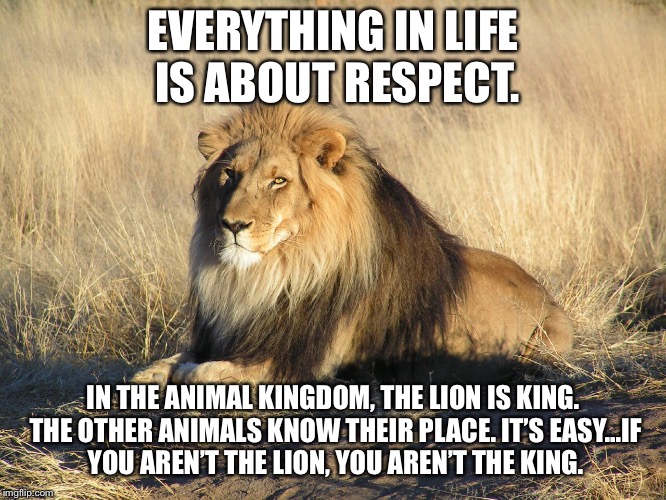I don’t know about you, but I have worked in many organisations with bad leadership. The quality of a leader is something which is essential to any teams success. I’m also sorry to say that this is not a skill which can be taught. It is part of your personality, not something which can be bought. True leaders are born, not created.
I’m putting some quotes (under the subjects) from a great leader, who I have found the best motivation from – Sir Winston Churchill.
Let’s look at the essentials to being a good leader;
1. Listening
2. Communication
3. Intelligence/Knowledge
4. Empathy/Emotional Intelligence
5. Accountability
6. Confidence/Courage
7. Problem solving/Creativity
8. Motivational techniques/Empowerment
9. Decisiveness
These traits are what makes a leader strong or weak. We can rearrange the order or change the wording, but this is what makes a team strong. If you are a manager or leader of a team, you need these qualities to make your team achieve their best.
1. LISTENING/UNDERSTANDING
Listening is one of the most important parts of leadership. We learn from listening or understanding our team. Doesn’t matter if they speak slowly or fast. Listen to them, ask questions and understand what they are saying. Even if it is a tiny thing, it is good to listen and understand a team member. It’s important to show respect to every member of your team.
“Courage is what it takes to stand up and speak; courage is also what it takes to sit down and listen.” ― Winston S. Churchill

2. COMMUNICATION
Communication comes in many forms. We have so many different ways of communicating now a days that I wouldn’t be able to list them all, if I tried. But as mentioned before, listening is key to understanding. As a leader it is your job to also communicate ALL information. Don’t hold back. For a team member doing the job, it is important that they know any issues or errors. It’s important for them to know details, which may come up later. Don’t exclude them from this information. They need it. Always communicate or let someone who has more knowledge talk about it with them first. The team member has more knowledge and can stop any errors before you take on a project that is unable to be completed.
“If you have an important point to make, don’t try to be subtle or clever. Use a pile driver. Hit the point once. Then come back and hit it again. Then hit it a third time with a tremendous whack.” ― Winston S. Churchill
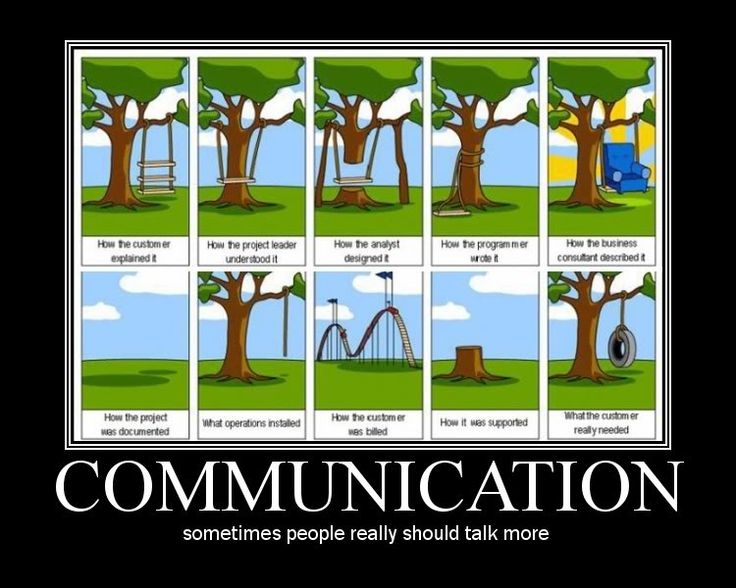
3. INTELLIGENCE/KNOWLEDGE
Here, I am not saying that you need all the answers. But I am saying that you need knowledge for the things you expect your team to accomplish. You need to understand the basics and be able to help when issues arise. At least know who to contact for problems. Also listening to the team member and having some understanding of the software or process really helps to solve problems. It can be hard, when you’ve moved to a new company and need to learn new things, but it is essential for leadership. You need to understand the basics and then learn along the way. If you dont have the knowledge then learn who does and ask them. Don’t pretend to have Knowledge, ask questions and learn who to ask next time.
“Let our advance worrying become advance thinking and planning.” ― Winston S. Churchill
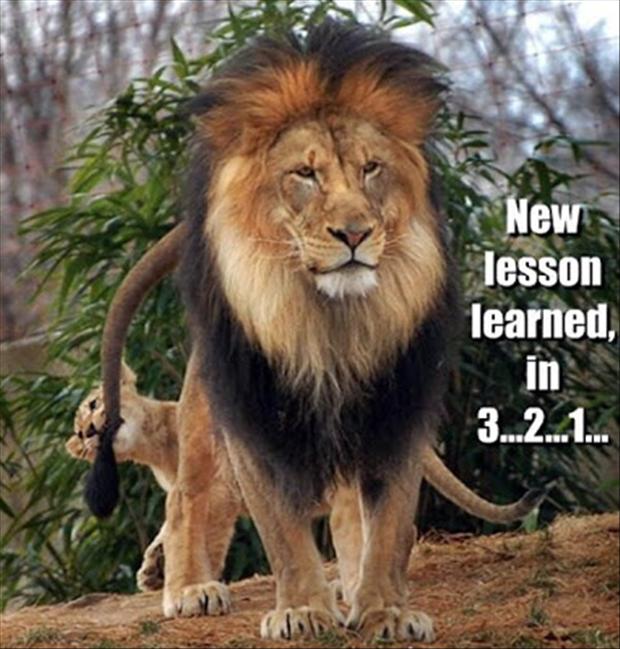
4. EMPATHY/EMOTIONAL INTELLIGENCE
To be a good leader you need to care about your team. Treat them with respect and understanding. I learnt a good lesson on team motivation by one of my mentors. If you trust and show appreciation to workers they will follow you. That is what is lacking in today’s working environment. I had a team which did exorbitant amounts of work with only the motivation of making our team stronger. The work was gladly done because they were appreciated and not forced to do things. They loved their work and did not feel burdened by it. This was because they felt appreciated and cared for by their leader. It takes a good team leader for the team to show that type of loyalty. You need to develop trust and respect to make your team strong. Listen to each team members concerns and issues. Make them feel valued and that you care about them. Emotional support is just as important and valued as knowledge. If they feel you care about them, they will support and raise you as a leader.
“To improve is to change – to be perfect is to change often.” ― Winston S. Churchill
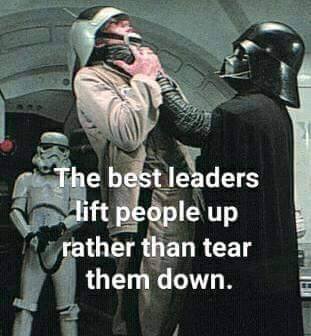
5. ACCOUNTABILITY
Your team needs to know that you support them. They are under your responsibility, which means you are there for them. You are the one who takes responsibility for their actions or mistakes. Don’t throw your team member under the bus. You need to Listen, communicate and explain the situation. Don’t blame or hinder a team member. Take responsibility for them. They depend on you to do this. You are their leader, don’t expect them to be perfect. You need to support and nurture them to be better. If they make mistakes, do not degrade them. Mistakes teach us something new and often leads to better ideas and developments. A mistake is a learning opportunity, support the team member and encourage them to try again. In the end you will take a few punches, but have a stronger team that is loyal.
“You have enemies? Good. That means you’ve stood up for something, sometime in your life.” ― Winston S. Churchill
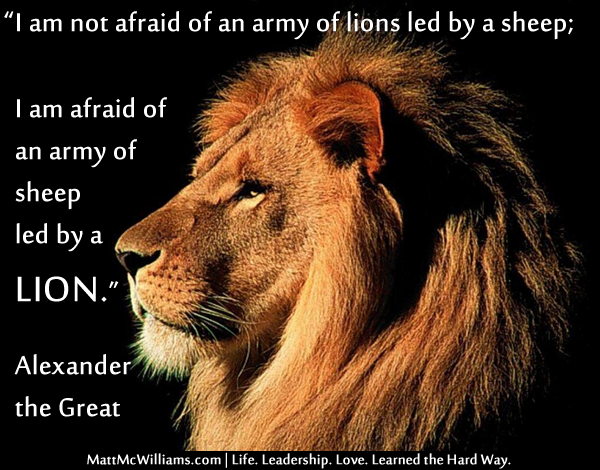
6. CONFIDENCE AND COURAGE
There is nothing worse than a weak leader who shows no confidence or courage in the face of adversity. You are the leader, so you show confidence in any situation. You give your team courage when things look bleak. You need to be strong and fight for your team. You are their protector. Show confidence in your team. Show your pride in their abilities. Show how much they have achieved. When in a meeting or chat and someone says something derogatory about a team member, speak up and tell them the achievements and things your team member has done/is doing. When someone questions any process or procedure, speak with confidence on the desired results. You Need the courage to support your team. You need the confidence to speak up for them. Don’t blame them as loyalty works both ways. If you depreciate your team, they will do the same about you.
“Success is not final, failure is not fatal. It is the courage to continue that counts.” ― Winston S. Churchill

7. PROBLEM SOLVING/CREATIVITY
To be a good leader you need a bit of creativity. Sometimes a task or project isn’t one mind but numerous. Look at the end goal and find the best way to fill in the steps before it. Start at the end and work towards the beginning. Each team member has different skills or training to do certain things. Sometimes you need a bit of creativity to get a project done, sometimes you need out of the box thinking to conceive of a plan. Let your team in, on the problem and see how their ideas might solve something. Many heads are better than one in solving a problem. Think backwards and go forward.
“The farther backward you can look, the farther forward you are likely to see.” ― Winston S. Churchill
8. MOTIVATION TECHNIQUES/ EMPOWERMENT
Motivation is what makes a team thrive. We need motivation to empower us to become more than we are. For all leaders, we need to motivate and encourage our teams. This results in higher work productivity, project completion, enthusiasm and job satisfaction. Positive motivation results in higher team moral.
I once worked in a team where the manager pitted team members against each other and it resulted in low Energy, decreased motivation and burn out with all employees. As a leader it is important that you treat all members equally and fairly. If you raise others or pick favorites it can create mistrust, which leads to lower performance. I do understand that sometimes we have people that we just dislike or think are annoying. That is perfectly natural. But as a Team Leader you are not allowed to act on it. You need to rise above it and treat them fairly. You are responsible for them and you need to show respect for all team members.
Now let me tell you of good motivation techniques;
1. Acknowledgement
2.Recommending their applications to higher employment.
3. Written recommendations and acknowledgements.
4. Encouraging learning opportunities
5. Mentoring them and taking a personal interest in career goals.
I cannot tell people enough, that we need to give people positive motivation! Just tell them “Well done!”, “Fantastic work!”, “Thank you!” Etc. Saying thank you is a part of good manners. Don’t ever forget to say it. Always thank your team member and show you appreciate them. Don’t take credit for their work, appreciate and acknowledge their achievements.
“Success consists of going from failure to failure without loss of enthusiasm.” ― Winston S. Churchill

9. DECISIVENESS
Making quick decisions is a good factor for most leaders. If, you have the knowledge to back it up. To make a good decision, you need to know the strengths/weaknesses of the goal. This sometimes takes more than a quick look into a project. To be decisive you need to use your brain quickly to analyse the problems and decide on the risk factor, whether it is achievable within given time constraints. You can look at past achievement/failures or stats on similar projects… but without knowing the specific issues you are blind to the problems which may arise.
1. Never take a project without analysing the pros and cons (Look at history).
2. Never agree to something without research.
3. Don’t commit your team unless you have informed or asked them.
4. Appreciate unique ideas.
5. Always get longer timeframes than you think are necessary, this gives flexibility in competing completion time frames.
“I never worry about action, but only inaction.” ― Winston S. Churchill

To have a strong team, that actually loves their work is very possible. If you look at this list and think it’s too hard, then you are not a leader. If you look at the list and can honestly say you are doing well with your team, there is hope. These things are what you need to do for your team. Don’t blame your team, if you aren’t doing well. Don’t blame your team if the team isn’t doing well. It’s your responsibility to ensure your team is strong.
“We make a living by what we get. We make a life by what we give.” ― Winston S. Churchill
